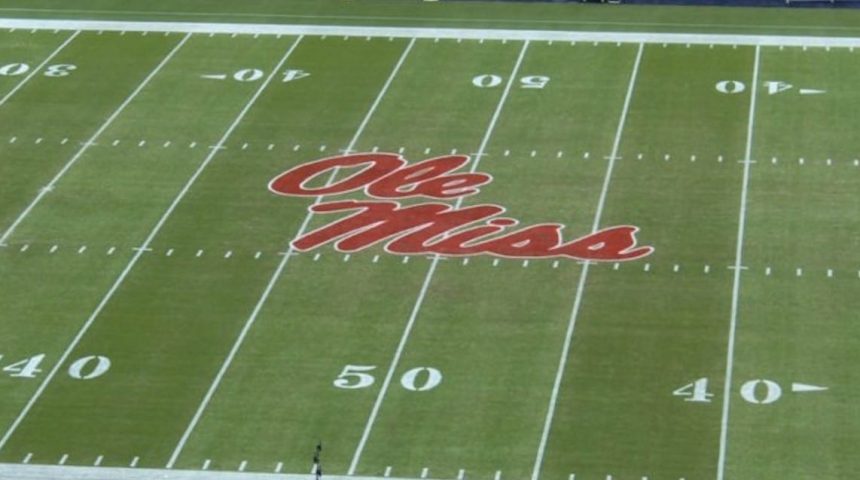The NCAA violated anti-trust law by placing limits on the education-related benefits schools can provide to athletes, according to a Supreme Court ruling Monday. Ron Rychlak, the Associate Dean for Academic Affairs at Ole Miss, says this is separate from name, image and likeness legislation that becomes law in Mississippi July first.
“Schools don’t have to give everybody a laptop or give everybody a musical instrument or whatever. What that case did yesterday was said the NCAA can’t have a rule that precludes schools from doing that,” he explained during an interview with Paul Gallo on SuperTalk Mississippi.

Justice Brett Kavanaugh wrote that the NCAA’s business model would be flatly illegal in almost any other industry in America. “The NCAA always says only 2% of athletes go on to play professional past college,” Rychlak continued. “This decision yesterday related to the 98% who don’t. To make sure that the NCAA cannot prohibit schools from giving them everything they need.”
19 states–including Mississippi–have passed laws in the past few years that rebuke the organization’s rules, and allow athletes to make money from third-party endorsements. Those are typically referred to as NIL (name, image and likeness) bills.
Members of Congress are debating several bills aimed at NCAA reform.







